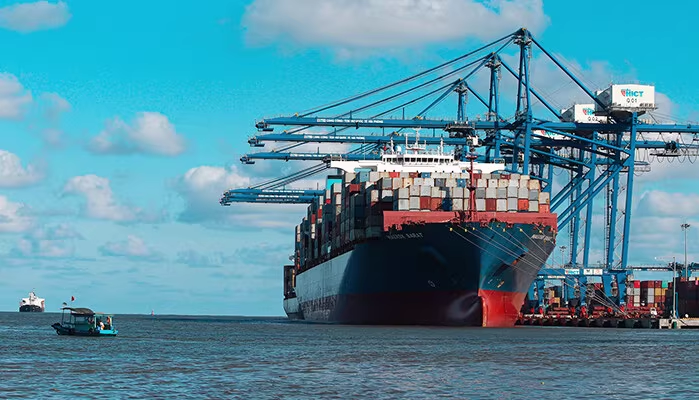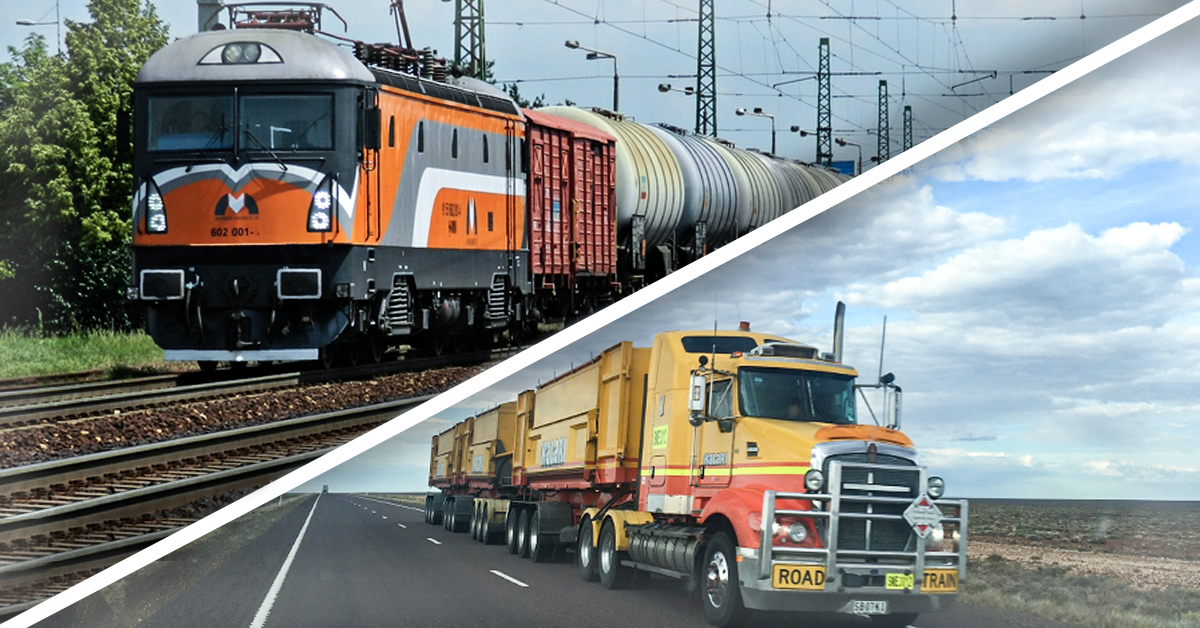Cargo Services.The modern global economy is unimaginable without efficient cargo services. These services are far more than just the movement of goods; they connect businesses, stabilize supply chains, and ensure the timely availability of products worldwide. Simply put, cargo services are the engine that keeps the wheels of global trade turning. Whether it’s a small online business looking to ship its products internationally or a large multinational corporation moving raw materials and finished goods to every corner of the globe, cargo services act as the backbone at every step.
What Are Cargo Services?
Cargo services refer to the professional handling, transportation, and delivery of goods via various modes such as air, sea, road, and rail. These services are designed to move goods safely, efficiently, and cost-effectively across different distances and borders.
Cargo can include anything from small parcels to large industrial equipment, and the choice of transport mode depends on factors like urgency, cost, volume, and destination.
The Importance of Cargo Services
Cargo services play a pivotal role in:
- Global trade and commerce
- Supply chain optimization
- Support for SMEs (Small & Medium Enterprises)
- Enabling e-commerce platforms
- Linking diaspora communities with their home countries
For instance, overseas Pakistanis living in the UK, UAE, or Saudi Arabia regularly send parcels, gifts, and business items back home to places like Mirpur.
Types of Cargo Services
There are several types of cargo services, each with its own characteristics and advantages. The choice depends on the nature of the goods, the required speed, budget, and destination.
1. Air Freight
Air freight is the fastest means of transporting goods. It’s particularly ideal for time-sensitive cargo, such as perishable items (fruits, vegetables, flowers, medicines), emergency aid, and high-value products (electronics, jewelry).
Advantages:
- Speed: This is the fastest mode of transportation, capable of delivering goods to any part of the world within hours or a few days.
- Security: Airports have stringent security measures, which reduce the risk of loss or theft of goods.
- Global Reach: The air network spans the entire world, enabling access to even remote areas.
 2. Sea Freight
2. Sea Freight
Sea freight is the most cost-effective and efficient method for transporting large volumes of goods. It’s particularly suitable for heavy, bulky items and goods that don’t require immediate delivery.
Advantages:
- Low Cost: It’s the most economical mode of transport, especially for large quantities of goods.
- High Capacity: Cargo ships can carry enormous volumes of goods, making bulk shipments possible.
- Variety of Cargo: Almost any type of goods packed in containers can be transported.
Types:
- Full Container Load (FCL): When a single client’s goods fill an entire container.
- Less than Container Load (LCL): When a client’s goods don’t fill a whole container, and their goods are shared in one container with other clients’ goods.
3. Land Freight (Road and Rail Cargo)
Land freight, which includes transportation by truck and train, is excellent for short to medium distances. It’s often used in conjunction with air or sea freight to provide a complete “door-to-door” service.
Road Freight (Trucking):
Advantages:
- Flexibility: Trucks can deliver goods directly to the customer’s doorstep.
- Accessibility: An extensive road network provides access even to remote areas.
- Small to Large Loads: Transportation of everything from small parcels to heavy goods is possible.
Rail Freight (Train): Advantages:
- Large Volumes: Very large quantities of goods can be moved cheaply by rail.
- Environmentally Friendly: Less pollution is generated compared to trucks.
- Reliable: Less affected by traffic or weather.
Door-to-Door Services
In this type, cargo companies handle the entire process:
Pick-up from the sender’s location
Transportation (by air/sea/land)
Delivery at the recipient’s address
Major Industries That Use Cargo Services
Cargo services are essential for several industries, including:
E-Commerce & Retail
Automobile Manufacturing
Agriculture & Food Supply
Pharmaceuticals
Construction & Heavy Equipment
Textiles & Fashion Export
Oil & Gas Industry
In fact, nearly every industry relies on cargo services to keep supply chains running smoothly.
Cargo Services in Mirpur Azad Kashmir
Mirpur Azad Kashmir has emerged as a key node in Pakistan’s cargo network due to:
- A large overseas population based in the UK
- Growing entrepreneurial activity
- Strategic location close to central Pakistan routes
- Rising demand for door-to-door services and online booking options
Services like JKC International Cargo have bridged the gap by offering:
- Pickup from homes in Mirpur
- Customs handling and international documentation
- Air and sea freight solutions for personal and business needs
- Express delivery to destinations like London, Birmingham, or Dubai
Customs Clearance – An Important Step
When shipping goods internationally, customs clearance is a legal procedure that all shipments must go through. This involves:
Declaring the goods
Submitting required documents (invoice, shipping bill, packing list)
Paying duties or taxes
Getting inspection approval
Reputed cargo companies handle this process for you to ensure no delays or legal issues occur.
Leading Cargo Hubs in the World
Some of the busiest and most important cargo hubs include:
Dubai, UAE
Shanghai, China
Los Angeles, USA
Rotterdam, Netherlands
Singapore Port
Karachi Port, Pakistan
These cities act as major transit points for global cargo movement.
The Impact of Cargo Services on the Global Economy
Cargo services have transformed the global economy in several ways:
- Foundation of Global Supply Chains: These services are the bedrock of global supply chains, enabling products manufactured in one country to easily reach another corner of the world.
- Facilitating Business: International market access has been simplified for small and medium-sized businesses, giving them an opportunity to compete globally.
- Cost Reduction: While some services are expensive, the overall better management of logistics has reduced production costs, making products more affordable for consumers.
- Employment Opportunities: The cargo and logistics industry provides direct and indirect employment to millions of people, including drivers, pilots, sailors, warehouse workers, customs brokers, and logistics managers.
- Technological Advancement: There’s a rapid adoption of technology in this sector, such as AI-powered logistics platforms, blockchain-based tracking systems, and automated warehouses, which are further enhancing efficiency and transparency.
Importance of Cargo Services in Global Trade
Cargo services are the backbone of international trade. Approximately 90% of global trade by volume is carried by sea, while air freight accounts for a significant share of high-value and urgent goods.
Efficient cargo services enable businesses to expand markets, reduce lead times, and optimize inventory management. They also support economic growth by connecting producers, suppliers, and consumers worldwide.
For example, companies like JKC Cargo and Courier Services facilitate trade between Pakistan, the UK, and other countries by providing reliable cargo solutions tailored to client needs.
How Cargo Services Work
The cargo transportation process typically involves several key steps:
Booking: The shipper contacts a cargo service provider to arrange shipment based on cargo type, destination, and urgency.
Packaging: Proper packaging ensures cargo safety during transit, considering factors like fragility and weather conditions.
Documentation: Essential paperwork such as invoices, bills of lading, customs declarations, and permits are prepared.
Transportation: Cargo is moved via the chosen mode (air, sea, road, rail) from origin to destination.
Tracking: Modern cargo services offer real-time tracking so customers can monitor their shipments at every stage.
Delivery: The cargo is delivered to the consignee’s address or designated warehouse.
Future Trends in Cargo Services
Drone Delivery & Autonomous Vehicles
AI-Powered Tracking and Analytics
Blockchain for Transparent Shipping Records
Eco-friendly Packaging Materials
Smart Warehouses and IoT Sensors
The future of cargo is faster, smarter, and more sustainable.
Innovations in Cargo Services
Technology and innovation are transforming cargo services:
Digital Platforms: Online booking and shipment management streamline processes.
Real-Time Tracking: GPS and IoT devices provide transparency and improve customer experience.
Automation: Automated warehouses and robotic handling increase efficiency.
Green Logistics: Use of electric vehicles, alternative fuels, and optimized routes reduce environmental impact.
Benefits of Using Professional Cargo Services
Reliability: Professional services ensure timely and safe delivery.
Cost Efficiency: Optimized routes and consolidated shipments reduce expenses.
Expertise: Knowledgeable teams handle regulatory compliance and complex logistics.
Convenience: Door-to-door services and customized solutions save time and effort.
Insurance: Protection against loss or damage during transit.
Conclusion
Cargo services are not just about moving boxes—they are about connecting people, powering businesses, and enabling global trade. Whether you are a small business owner sending handmade crafts abroad or a multinational corporation importing raw materials, choosing the right cargo service can make all the difference.
A trusted provider like JKC International Cargo Services, with its global reach, customer-focused approach, and competitive pricing, ensures your shipment arrives on time, every time.
want to read more articles click here
all credit goes to UDM



 2. Sea Freight
2. Sea Freight




One Reply to “Cargo Services in Mirpur Azad Kashmir”
high q cannabis
06 Dec 2025order cannabis gummies delivered safely to your door